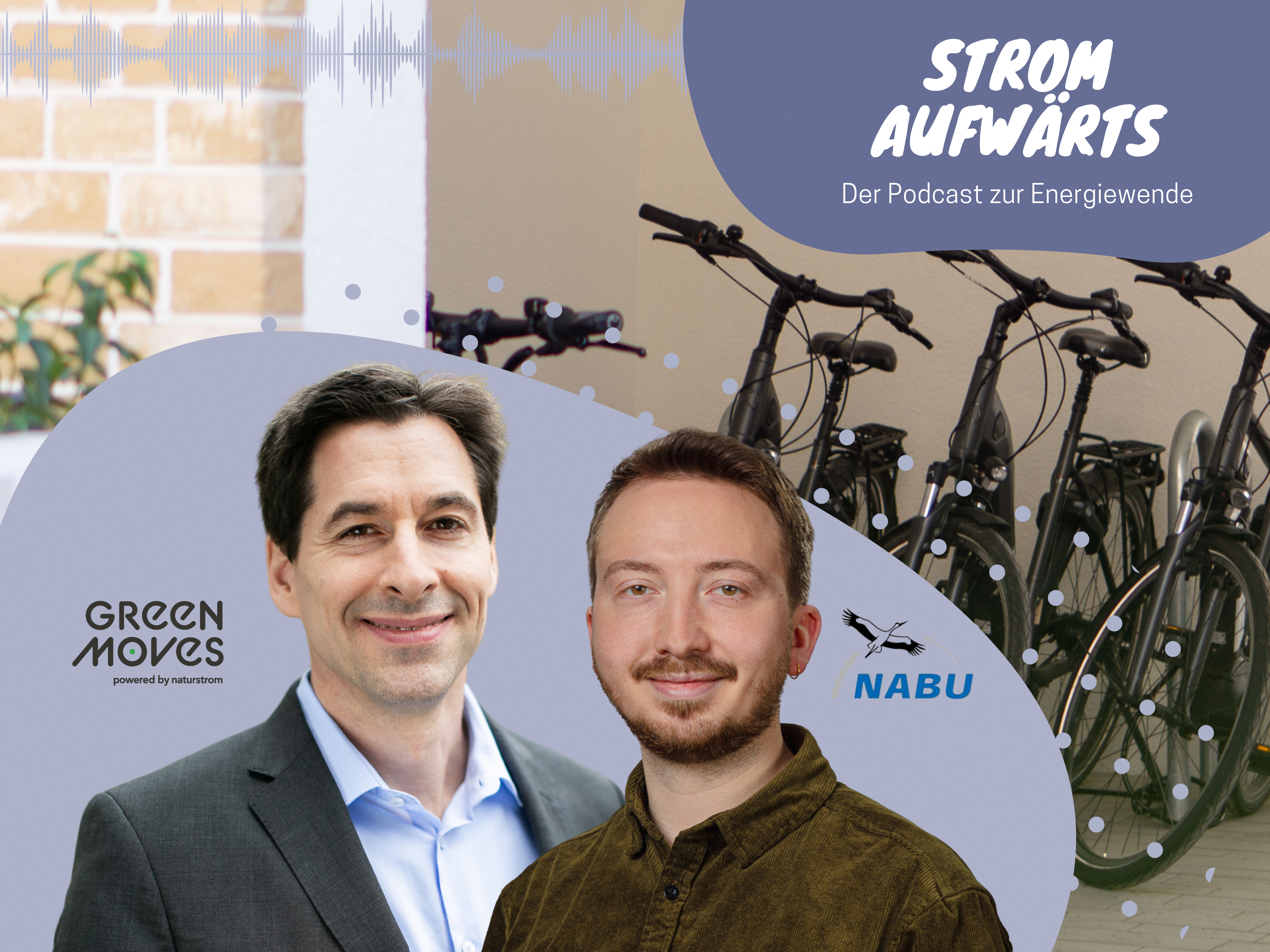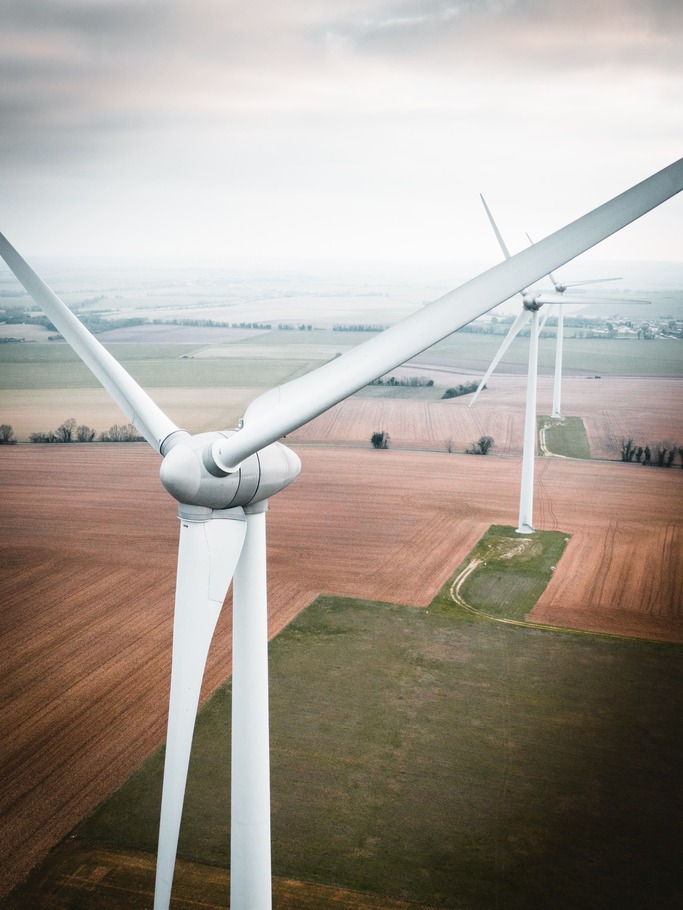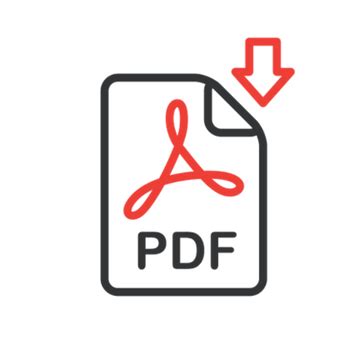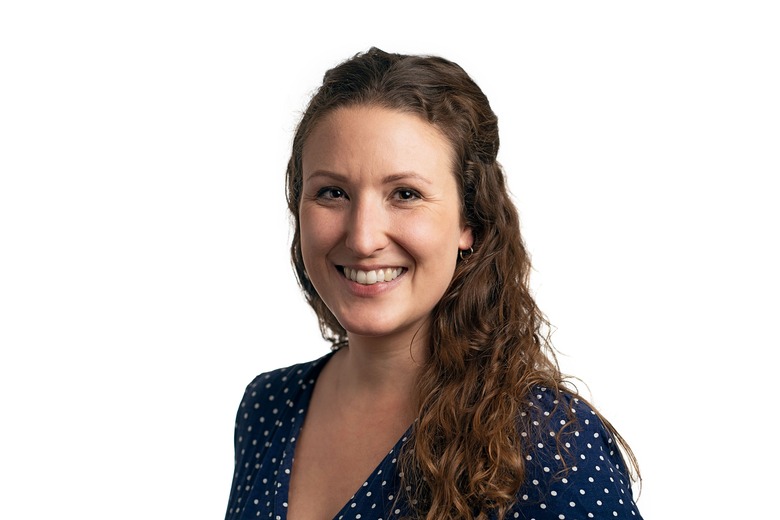Access to resources is extremely unevenly distributed around the world. This also applies to access to energy. In addition, the consequences of the climate crisis hit particularly hard those who are already globally disadvantaged (as also discussed in episode 3 of Strom Aufwärts on climate and migration). In this context, the type of energy supply, particularly whether it is centralized or decentralized, is a factor in both the problem and the solution. Centralized energy systems with a few large power plants, typical of fossil fuel energy systems, promote the economic and political power of a few corporations. These systems are prone to monopolies as well as corruption and provide for the great wealth of a few.
Fighting poverty with decentralized energy supply
A decentralized supply, on the other hand, especially with renewable energies, brings enormous advantages. The expansion and thus access to energy is faster even in more remote areas. People who have access to renewable energies can do without biomass for cooking, live healthier lives and can work and learn more flexibly. This frees up time for productivity and economic participation. Stable and clean energy supply especially improves the safety, health and development opportunities of women and children, who in many places are responsible for cooking and gathering fuel. In this way, a decentralized and equitable energy transition can make an enormous contribution to global poverty reduction.
Bread for the World and World Future Council interview
Two episodes of Strom Aufwärts are dedicated to the topic of energy systems and global inequality. In episode 5, we first spoke with Anna Skowron and Dr. Joachim Fünfgelt. Anna Skowron is project manager for 100 percent renewable energy at World Future Council and campaigns for a socially just energy transition worldwide. The organization advocates for the rights of future generations and is known in particular for the awarding of the Alternative Nobel Prize by its sister organization, the Right Livelihood Foundation. The World Future Council itself also awards the Future Policy Award, which is awarded to exemplary laws from around the world. Joachim Fünfgelt is committed to the global energy transition and, as a climate and energy policy officer at Bread for the World, deals with renewable energies, sustainable development strategies and energy access.
A just energy transition through solar home systems and clean cooking
Bread for the World and World Future Council have been cooperating for several years in the project "100 % Renewable Energies Multi Actor Parnership.". This promotes fair and sustainable access to renewable energies internationally. Together with their local partners, they implement energy projects and place the just energy transition on the agenda as a development goal in their political work.
Two concrete solutions for a better energy supply are Solar Home Systems (SHS) and cooking without biomass (clean cooking). In the upcoming podcast episode, Dipal Chandra Barua and Dipesh Josi will be our guests. They are part of 100 RE MAP and report directly from Bangladesh and Nepal on how they are improving energy access there. Dipal Chandra Barua is a councillor of the World Future Council, founder of the Bright Green Energy Foundation and founder of Grameen Shakti, a company that promotes the development of renewable energy in rural areas in Bangladesh. The company won the Right Livelihood Award in 2007 for its services to environmental protection. Dipesh Josi is head of climate and energy at WWF Nepal. Before starting his work at WWF Nepal eight years ago, he worked in energy access and community-based conservation.








